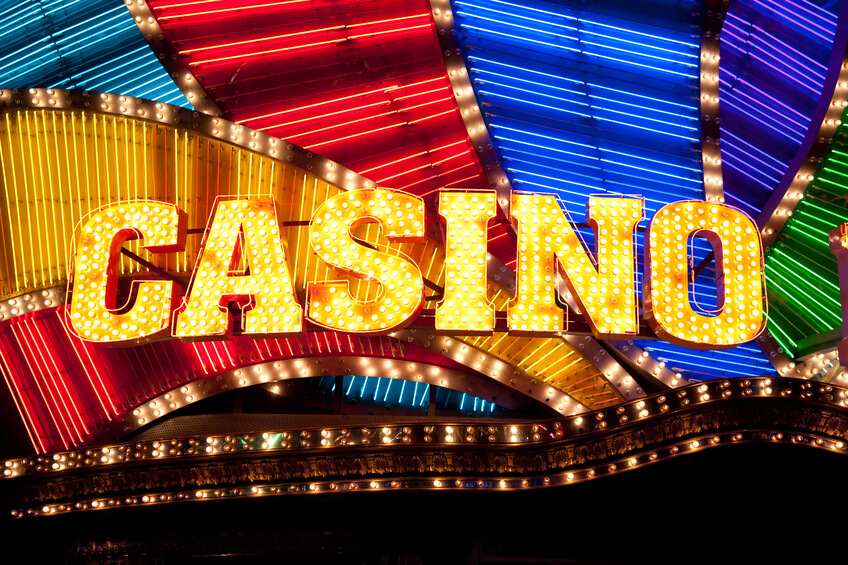
Gambling games have long captured the fascination of humans around the planet, becoming an important part of both leisure and tradition. From the sparkling lights of Las Vegas to the captivating experience of internet gambling, these games evoke thrill, uncertainty, and sometimes even a sense of sentimentality. They are not just simply entertainments; they have woven themselves into the tapestry of human experience, influencing everything from cinema and music to clothing and books.
The appeal of casino games transcends the betting aspect, tapping into wider themes of luck, chance, and psychology. As players assemble around a poker table or rotate the wheel of fortune, they engage in an ancient ritual that resonates with our communal desire for thrill and unpredictability. This captivation has led to the rise of many references in films, songs, and gaming, showcasing how intensely entrenched these activities are in popular culture. Whether it is the intense drama of a legendary robbery film or the colorful nightlife portrayed in recordings, casino games have established a substantial role that reflects our bond with risk.
Social Impact of Gambling Games
Gambling games have played a key role in social contexts throughout the ages. Originating from old societies, games of chance were often linked to rituals or events. For example, early iterations of gambling can be linked back to ancient China and the Romans, where dice games and betting on results were popular pastimes. These games not only served as entertainment but also as means of connecting people, facilitating relationships among individuals within societies.
As cultures evolved, so did the sophistication and structure of casino games. The creation of official casinos in the 17th century, particularly in the Italian region, marked a major shift in how games were viewed and structured. With specific spaces for gambling, the casino became a community center where patrons from various backgrounds gathered. This change contributed to the validation of the industry, transforming it from a mere pastime into an organized industry that influenced economy and regulations.
The effect of casino games on popular culture cannot be understated. As they were brought into the limelight in literature and film, games such as poker and blackjack became icons of chance, luck, and strategy. Iconic figures and narratives have developed around these activities, reflecting societal views towards fortune, wealth, and vice. This fascination with gambling games has infiltrated various forms of entertainment, solidifying their status in the public imagination and linking them to broader cultural stories throughout history.
Portrayal of Gambling Games in Media
Gambling games have long been a popular subject in different types of entertainment, reflecting both the thrill and nuances of gambling culture. Films such as Ocean’s 11 and Casino Royale portray characters who navigate dangerous scenarios, showcasing not only the appeal of the gambling environment but also the methods and choices that come with playing popular games like poker and 21. These films often dramatize the thrill of winning and the potential repercussions of losing, encapsulating the dangers involved in betting.
Television shows have also explored the universe of gambling activities, often integrating them into the narrative as a backdrop for character arcs and tension. Shows like Vegas depict the stories of casino workers and casino-goers, highlighting the vibrant, often chaotic energy of the gaming floor. Docuseries featuring high-stakes betting contests further emphasize the fascination of gambling activities, drawing viewers into the excitement and strategy involved in each session. Through these representations, media not only engages but also sparks conversations about fortune, skill, and the character of chance.
Gaming have increasingly included gambling activities into their structure, allowing players to experience the feeling of gambling without monetary loss. Games within the landscape of online gaming often include virtual slots, poker, and other casino favorites, creating an interactive experience that mirrors actual casino experiences. These virtual portrayals make casino games accessible to a broad demographic, appealing to both gamblers and those who enjoy the thrill of simulation. As a result, the portrayal of casino games in media continues to shape cultural attitudes and importance, highlighting their function in entertainment and the cultural landscape.
Impact of Gambling Activities on Communities
Casino games have a significant effect on communities, influencing various aspects of societal norms and social behavior. They often serve as a venue for community engagement, where people gather to enjoy a common experience. Game nights with friends or visits to casinos become social activities that foster connections and create shared moments. This collective aspect boosts the fun value of gambling activities, making them a popular choice for festivities and leisure activities.
Additionally, casino games have been depicted in countless films, TV series, and literature, shaping views and attitudes towards gaming and betting. Icons like James Bond competing in baccarat or the intense poker scenes in films have embedded these games in the shared imagination. This depiction often glamorizes the lifestyle associated with casino activities, drawing in new players and impacting trends in both fashion and behavior. These representations can spark curiosity and lead to a more profound exploration of the intricacies of gambling.
Nonetheless, there are also adverse consequences linked to the popularity of gambling activities. The temptation of quick monetary gain can lead to problem gambling and financial troubles for some people. Society must contend with these issues, advocating for responsible gambling and education of the dangers involved. Balancing the entertainment value of casino games with the risks is vital to ensure that they continue to be a beneficial aspect of our cultural landscape.
KUBET
